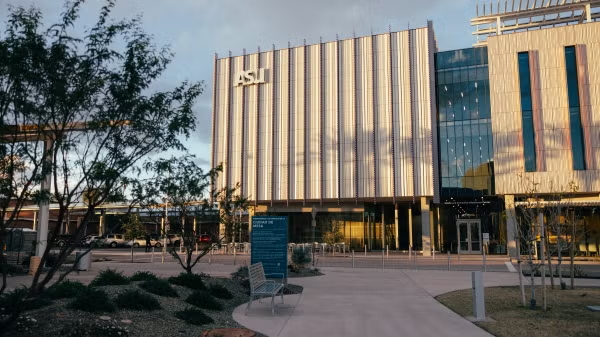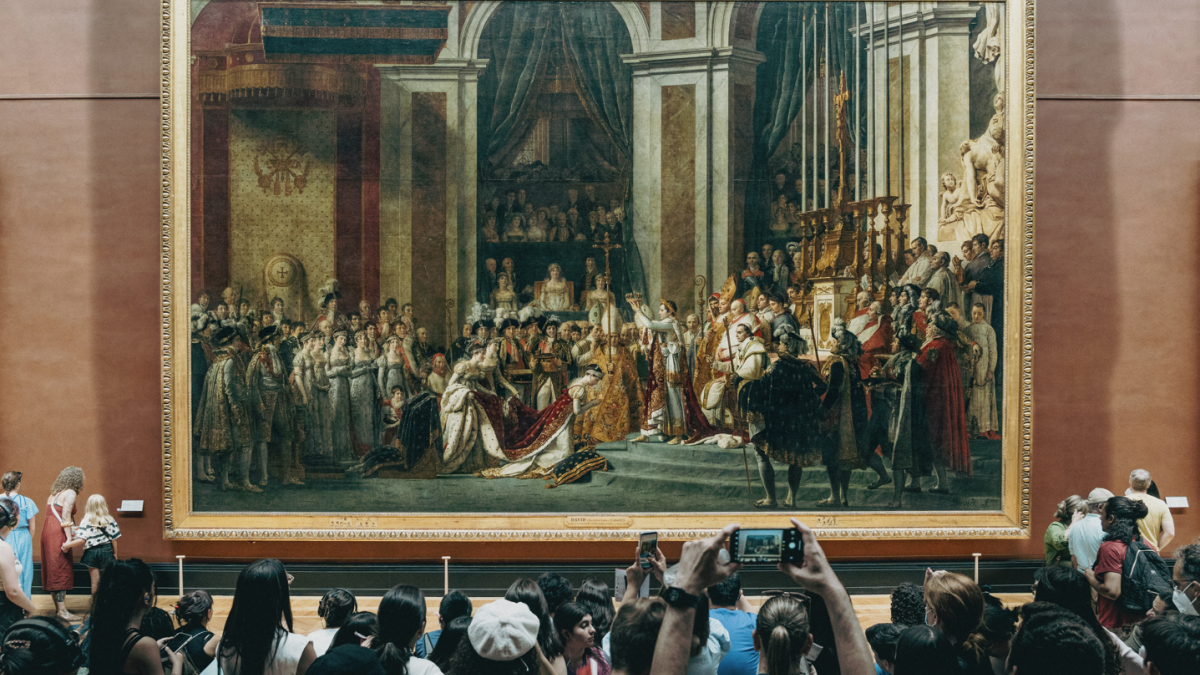On September 8, 2022, Queen Elizabeth II passed away. On that same day, her son Charles became King Charles III.
To mark his ascension to the throne and to appoint him as the head of the Church of England, King Charles will have a coronation ceremony on May 6.
“He is king of England,” said Toby Harper, assistant professor of modern British history in the Arizona State University School of Historical, Philosophical and Religious Studies. “This isn't a step that's necessary to make him king, but it is the most important ceremonial marker of the kind of creation of his kingship.”
There are many reasons why the coronation is taking place months after Charles became king. For one, the ceremony takes a while to plan, and two, the weather in Britain is much nicer in the late spring than in the winter.
One important thing to keep in mind during the coronation is that it is a religious as well as a political ceremony.
“A lot of the imagery, if you watch the coronation, a lot of the symbolism, will be religious and specifically Anglican symbolism, where Charles is created as the head of the church, which has a very specific history in Britain,” Harper said. “It goes back to the Reformation and to Henry VIII, and then a lot of the kind of paraphernalia of the coronation is even older than that.”
This will be the first English coronation in a generation, and the first for most people in the world to witness. Queen Elizabeth’s coronation was in 1953 and such a huge event that the country had to expand Westminster Abbey to fit all of the people who were invited.
“It was a big occasion, lavish, and very few people remember it,” Harper said. “There are few people who are still around when Elizabeth was crowned. But that seems like a very different British Commonwealth to what you have today.”
Many traditional elements may be highlighted throughout the ceremony, as well as some traditional artifacts that are hundreds of years old. However, the ceremony and the symbolism have changed and adapted over time.
“One of the things that will be very different about this coronation is that, even though it is literally an Anglican church service, one of the things they've talked about stressing is including a lot of different religions to reflect the religious diversity of modern Britain in the ceremony itself,” Harper said. “This is very different from Elizabeth's coronation, where national and sort of cultural diversity was celebrated, but not so much religious diversity.”
While the ceremony may change from each new king or queen, there are parts of the ceremony that have to happen in order for it to be successful.
“You have to anoint the king, then you have to crown the king,” said Harper. “There's going to be a procession. There’s going to be crowds. There's going to be a lot of jewels.”
In fact, there are so many crowns and jewels to choose from, that even the choice of which ones to use or leave out can emphasize certain things to the public.
“Be attentive to the choices that they're making because in these big ceremonies, this is where those choices actually have weight,” Harper said. “This is one of the most important parts of his job as king, to conduct these major ceremonies.”
The ceremony, though religious and political, is also about King Charles’ relationship to the people of Britain and the Commonwealth realms. This coronation may not be as big as the last, but it will certainly be a spectacle.
Learn more about the coronation from Harper in the video below.
Top photo: A crowd observes "The Coronation of Napoleon," a painting completed in 1807 by Jacques-Louis David. Photo courtesy of Pexels
More Arts, humanities and education

Award-winning playwright shares her scriptwriting process with ASU students
Actions speak louder than words. That’s why award-winning playwright Y York is workshopping her latest play, "Becoming Awesome," with actors at Arizona State University this week. “I want…

Exceeding great expectations in downtown Mesa
Anyone visiting downtown Mesa over the past couple of years has a lot to rave about: The bevy of restaurants, unique local shops, entertainment venues and inviting spaces that beg for attention from…

Upcoming exhibition brings experimental art and more to the West Valley campus
Ask Tra Bouscaren how he got into art and his answer is simple.“Art saved my life when I was 19,” he says. “I was in a dark place and art showed me the way out.”Bouscaren is an …


